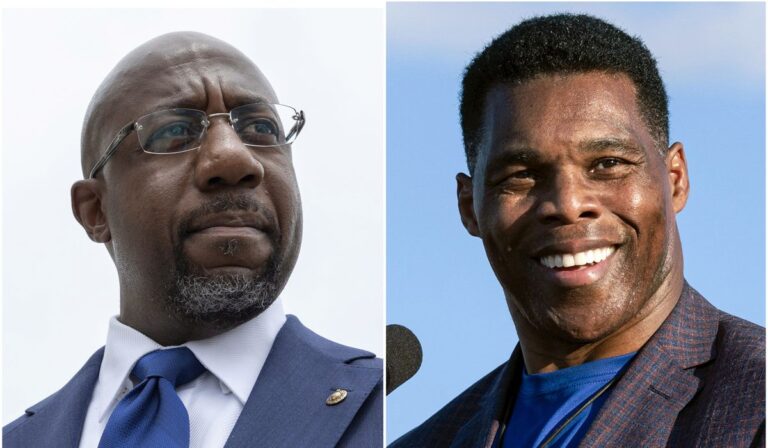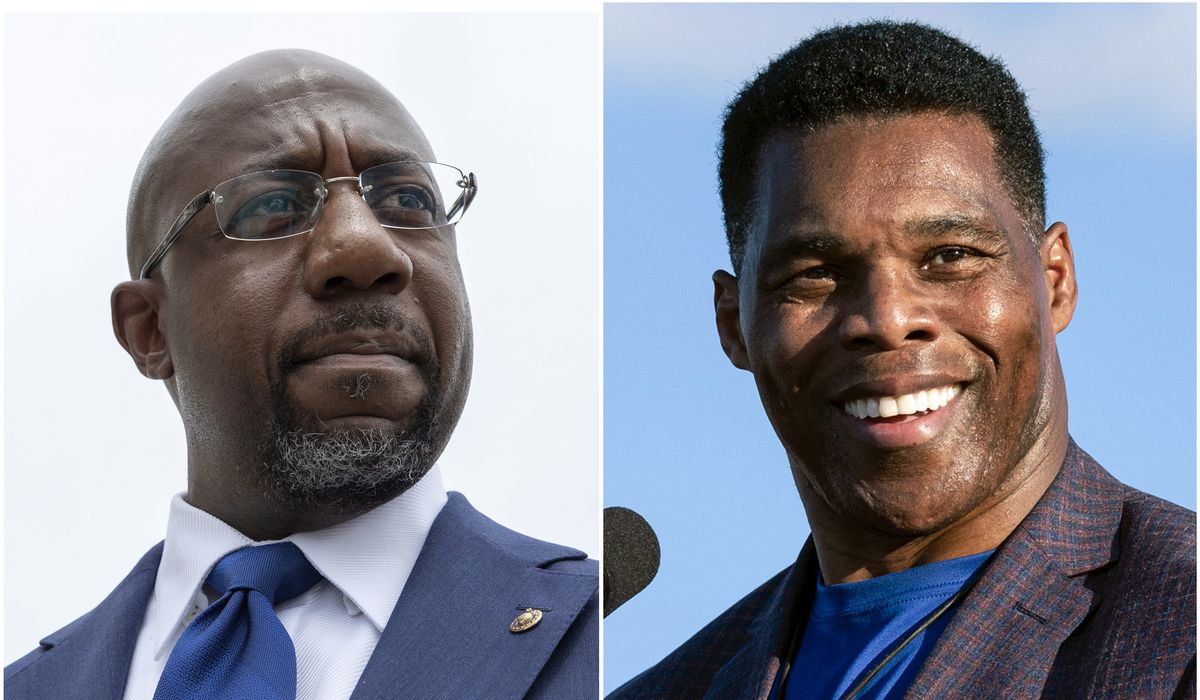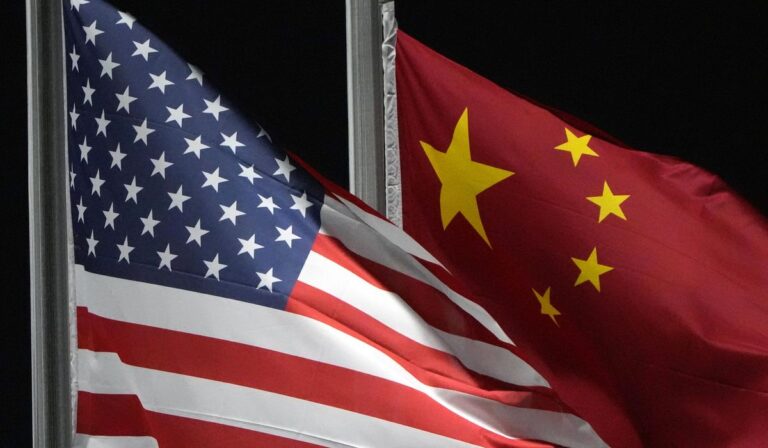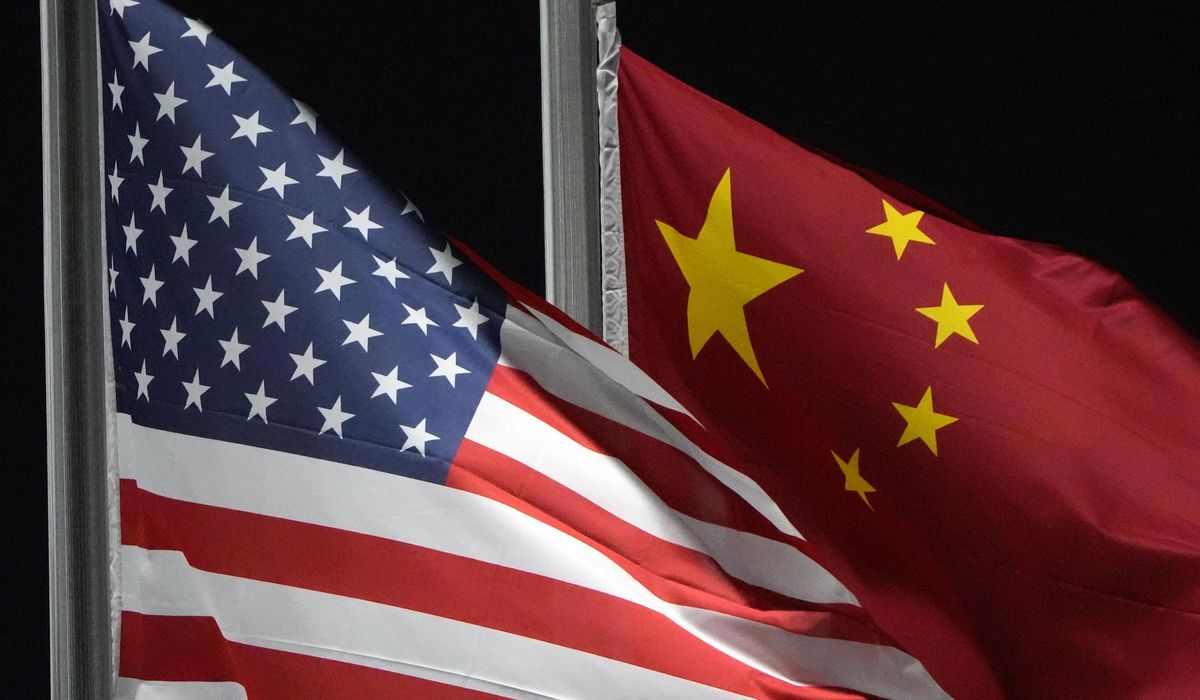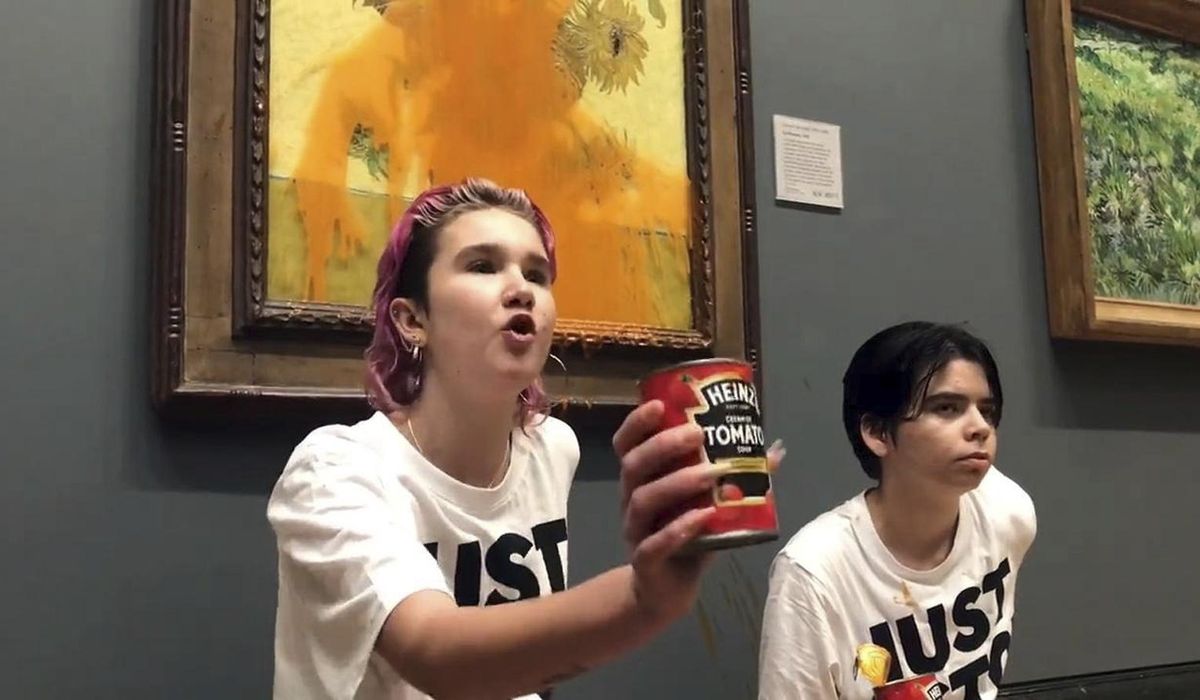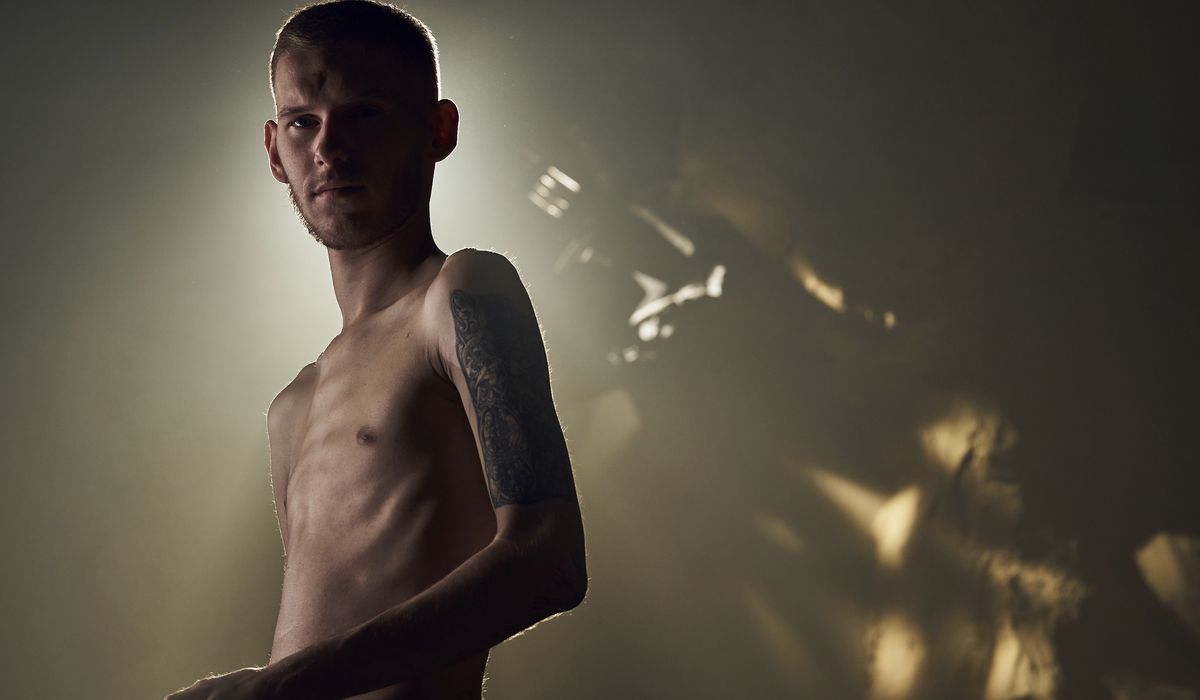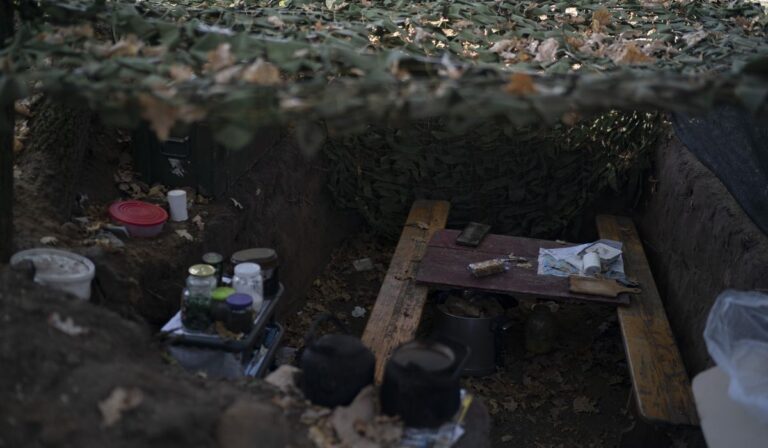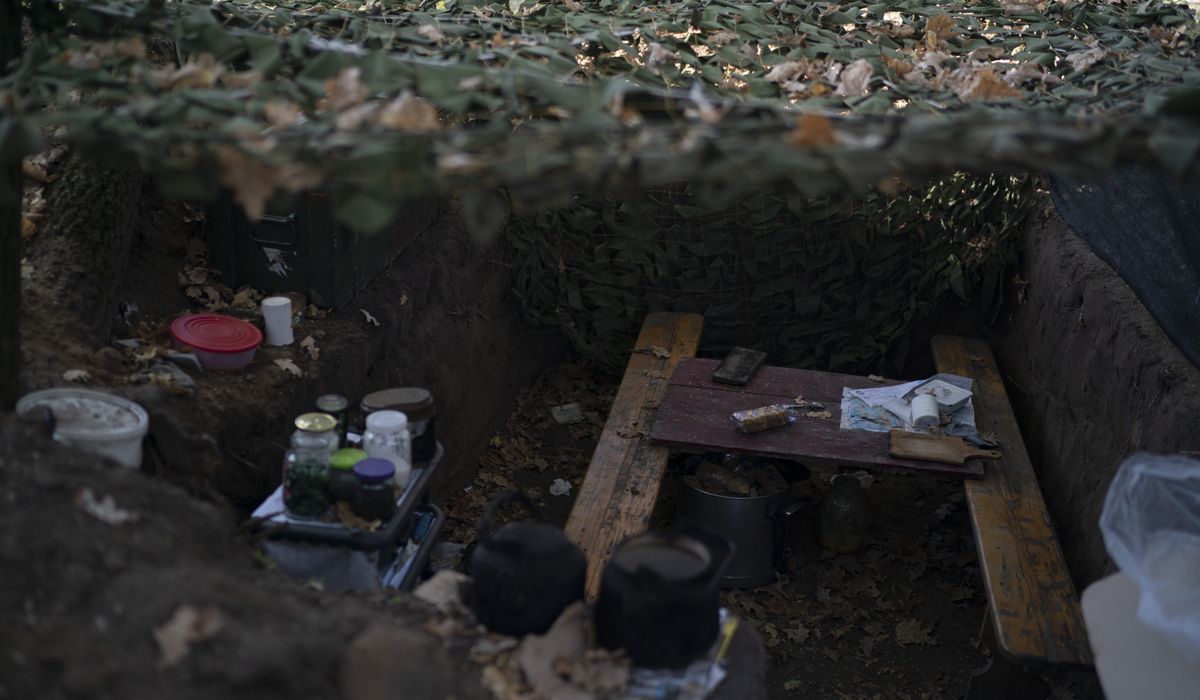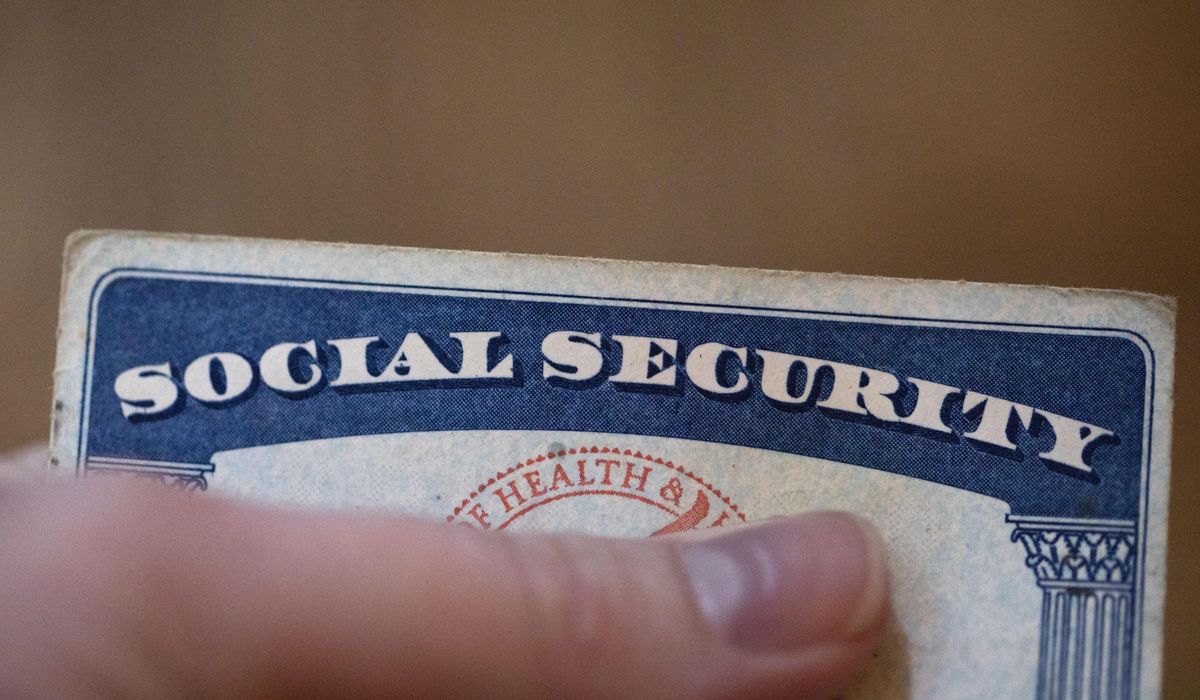
CAIRO — A towering blaze at a notorious prison housing political prisoners and anti-government activists in Iran’s capital killed four inmates, the country’s judiciary said Sunday. The dramatic scenes of the nighttime fire have reverberated across Iranian social media.
Flames and thick smoke rising from Tehran’s Evin Prison had been widely visible Saturday evening, as nationwide anti-government protests triggered by the death of a young woman in police custody entered a fifth week. In online videos, gunshots and explosions could be heard in the area of the prison.
The blaze was extinguished after several hours and no detainees escaped, state media said.
Authorities have attempted to distance the events at the prison from the ongoing protests, while state media has offered conflicting accounts of the violence. Hundreds are being held at Evin, where human rights groups have reported repeated abuses of prisoners.
Families of inmates gathered Sunday near the prison hoping for news of their loved ones inside.
Masoumeh, 49, who only gave her first name, said her 19-year-old son was taken to the prison two weeks ago after taking part in the street protests. “I cannot trust news about his health, I need to see him closely,” she said.
Another man, Reza, who also gave only his first name, said his brother has been in Evin Prison since last year after he was involved in a violent quarrel. “He did not call us in recent days and following last night’s fire I am here to learn what happened to him,” he said.
State media originally reported nine people were injured but the judiciary-affiliated website Mizan.news on Sunday said four inmates died of smoke inhalation and 61 others were injured. It said all four who died were in prison on robbery convictions.
Ten inmates were hospitalized, with four of them in serious condition, Mizan reported. It said some prisoners had tried to escape but failed.
State TV on Sunday aired video purporting to show the fire’s aftermath of scorched walls and ceilings in a room it said was the upper floor of a sewing workshop at the prison.
“This fire was caused by a fight between some prisoners in a sewing workshop,” said Tehran Gov. Mohsen Mansouri.
Iranian social media posts challenged state media claims over the cause of the fire and apparent explosions at the prison. Former inmate of Evin and rights activist Atena Daemi said in a Tweet Sunday that normally, all prisoners are sent to their wards and the workshops closed by sunset.
The European Union’s top diplomat Josep Borrell expressed his “most serious concern” to Iran’s foreign minister and called for “maximum transparency on the situation” following the prison blaze and apparent violence.
Iranian authorities are responsible for the lives of “all detainees, including human rights defenders and EU nationals,” Borrell said in a Tweet Sunday.
Iran’s state-run IRNA news agency reported Saturday that there were clashes between prisoners in one ward and prison personnel, citing a senior security official. The official said “rioters” set fire to a warehouse full of prison uniforms, which caused the blaze.
The official said the “situation is completely under control” and that firefighters were extinguishing the flames. Later, Tehran prosecutor Ali Salehi said that calm had returned to the prison and that the unrest was not related to the protests which have swept the country for four weeks.
The U.S.-based Center for Human Rights in Iran reported that an “armed conflict” broke out within the prison walls. It said shots were first heard in Ward 7 of the prison. This account could not immediately be corroborated.
Footage of the fire circulated online. Videos showed shots ringing out as plumes of smoke rose into the sky amid the sound of an alarm. A protest broke out on the street soon after, with many chanting “Death to the Dictator!” — a reference to Supreme Leader Ayatollah Ali Khamenei — and burning tires, the videos showed.
Online video of the prison fire appeared to show projectiles being launched into the prison’s area by security forces, followed by the sound of at least two explosions. It wasn’t immediately clear what kind of rounds Iranian security forces used in the incident.
Witnesses said that police blocked roads and highways to Evin and that at least three strong explosions were heard coming from the area. Traffic was heavy along major freeways near the prison, which is in the north of the capital, and many people honked to show their solidarity with protests.
Riot police were seen riding on motorbikes toward the facility, as were ambulances and firetrucks. Witnesses reported that the internet was blocked in the area.
The prison fire occurred as protesters intensified anti-government demonstrations along main streets and at universities in the capital and other cities across Iran on Saturday. Human rights monitors reported hundreds dead, including children, as the movement concluded its fourth week.
Wider protests in the northern city of Ardebil erupted following reports a teenager, Asra Panahi, died after police confronted protesting girls at a high school. Official denied the report saying she died because of a chronic heart problem and police did not hit her.
The protests erupted after public outrage over the death of 22-year-old Mahsa Amini in police custody. She was arrested by Iran’s morality police in Tehran for violating the Islamic Republic’s strict dress code. Iran’s government insists Amini was not mistreated in police custody, but her family says her body showed bruises and other signs of beating after she was detained.
President Joe Biden, on a trip to Oregon, said the Iranian “government is so oppressive” and that he had an “enormous amount of respect for people marching in the streets.”
Evin Prison, which holds detainees facing security-related charges and includes dual citizens, has been charged by rights groups with abusing inmates. The facility has long been known for holding political prisoners as well as those with ties to the West who have been used by Iran as bargaining chips in international negotiations.
Iranian officials have downplayed the threat of anti-government protests in the country even as the number of deaths and arrests has swelled. Rights groups say over 200 protesters have been killed since demonstrations swept Iran on Sept. 17. Over two dozen security force members have been killed in the unrest, according to Iranian authorities.




